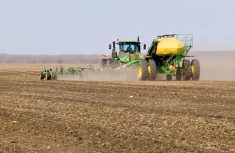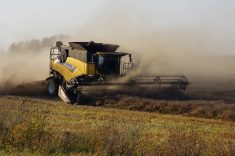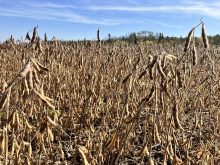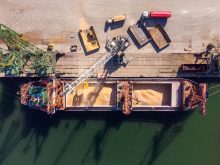When Mike Lee moved to Ukraine six years ago, he didn’t think he’d end up with a front-row seat to a conflict that could tip into outright war.
Lee is an agronomist and agribusiness consultant hailing from the United Kingdom. He’s farmed, taught agriculture at Writtle College in the U.K., and consulted in other countries, including Russia, Kazakhstan and Uzbekistan. These days he’s based in Lviv, a city near the Polish border in western Ukraine, where he works with private investors who want to set up farms in the country.
Read Also
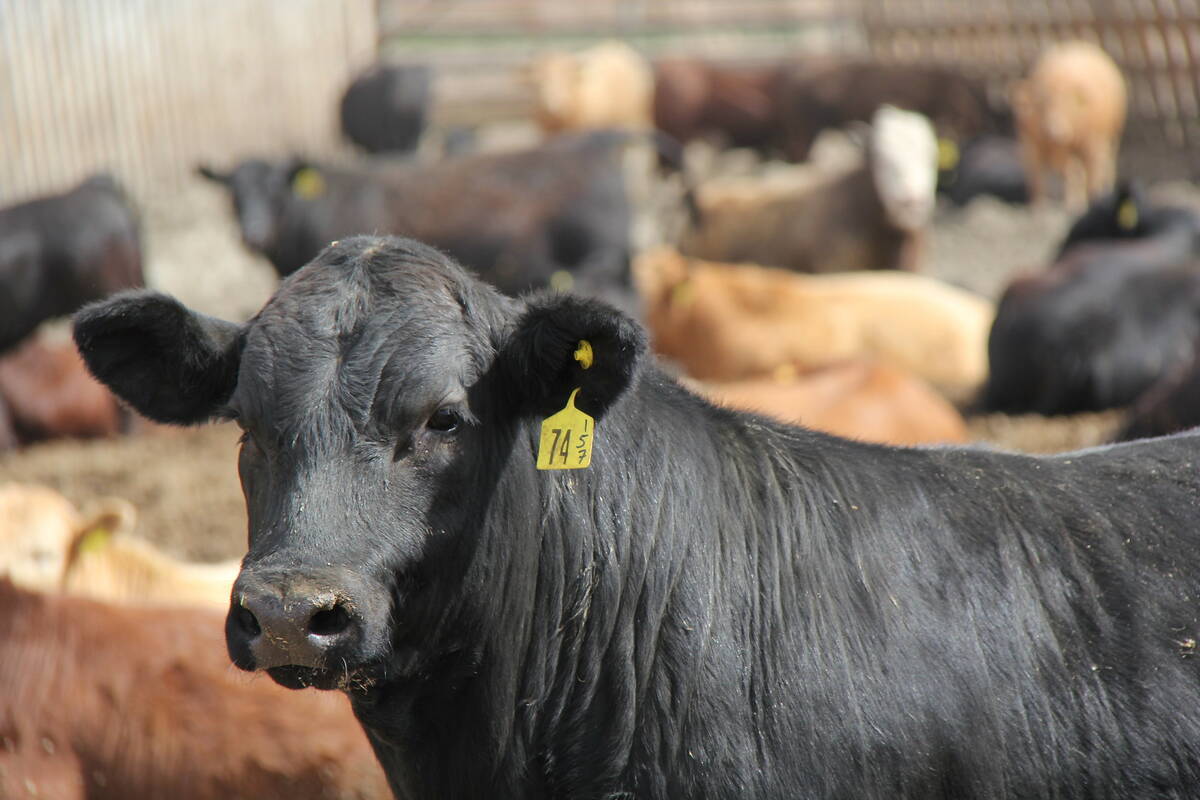
U.S. livestock: CME cattle futures climb on technical trading, rising wholesale prices
Chicago | Reuters – Cattle futures on the Chicago Mercantile Exchange rose for a second session on Wednesday in technical…
With the ongoing crisis, “investments have, for all intents and purposes, stopped,” said Lee.
The current crisis in Ukraine began last November, when former president Viktor Yanukovich turned his back on a trade deal with the European Union. In December, Yanukovich agreed to a $15 billion bailout from Russia.
Yanukovich’s move away from the EU and toward Moscow sparked protests in Kiev. Ukrainians, Lee said, were suffering from “revolution fatigue” and protests likely would have died down. But then police started “cracking heads,” he said, and the revolution caught fire.
Since then, Yanukovich has fled to Russia, and, after holding a much-criticized referendum in Crimea, Russia has annexed the region. As international sanctions pile up on both sides of the dispute, Lee wonders where the conflict is headed.
“Russia has an angle in this and I can’t get my head around what it might be. It’s not just about Crimea,” said Lee.
“Is this about Putin trying to look strong in Russia? Is it him trying to send a signal out to the rest of the world that he’s a force to be reckoned with? I don’t know.”
Lee is keeping an eye on Twitter, looking for indications that he and his family “should jump in a car and get out of here,” he said.
They might leave soon, and one wouldn’t blame them. There is no functional police force in Lviv these days, he said. His landlord was recently stopped by armed men, dressed in black, who refused to identify themselves. Ukrainian citizens have formed volunteer groups, known as the Local Volunteer Defence Force, which Lee describes as sort of a militant neighbourhood watch group.
“I said, ‘Who do you answer to?’ and nobody’s answering any questions,” Lee said of the local militia.
Farmers may cut acres, inputs in 2014
What this will all mean at the farm level remains to be seen. Ukraine has been a challenging place to start farming for a while, though Lee said the risks have always been manageable.
Though Ukraine is known for its rich black soil, average yields were “shockingly low,” said Lee, lingering around 2.5 to three tonnes per hectare. In comparison, farmers in the United Kingdom could pull off 12 tonnes per hectare in clay soil.
The reasons behind those low yields are complex, Lee said, but it boils down to lack of investment in Ukraine’s ag sector. “We’ve got the land, but we haven’t got the money to buy the seed and fertilize it,” he said.
Lee said well-run farms are starting to push yields, and he estimates that with more investment, farmers could triple their harvests. Barring an all-out invasion, Lee still sees opportunity for investors, explaining there are many farming businesses, which include land leases, coming onto the market, and they’re priced to sell.
But commodity prices plummeted right before Ukraine’s 2013 harvest, leaving farmers with less cash in their back pockets. Getting credit for fertilizer is easier said than done, Lee said. Dmytro Firtash, the oligarch who owns the fertilizer industry, was recently arrested in Austria. Ukraine’s fertilizer industry is a monopoly, so that arrest will likely disrupt deliveries, Lee said.
“I can see planting being down. I can see what’s being planted having less input fertilizer put on it. And I can see this current situation starting to have a real impact on the farms,” said Lee.
Local authorities have inventoried trucks on the farms Lee runs, with the intent of commandeering them later, Lee said. Soldiers have already commandeered trucks from farms and businesses northeast of Kiev, he adds.
Just how bad it will get depends on what Putin decides to do next. Lee points out Crimea’s annexation isn’t going to have a huge impact on Ukraine’s agriculture industry. There are few acres in Crimea, and they’ll presumably still be seeded and shipped as Russian wheat this year, Lee said. “What went (through) Crimea will now go out through the other ports,” he adds.
But Lee said he can see port access in the south restricted, either because of checkpoints or Russian troops pushing into Ukraine. Rumours are rampant about Putin’s plans, such as leaked military papers that suggest Putin is going to push into the southern provinces, blocking Black Sea access, he said.
“The other scenario is that Putin sits tight on Crimea. He stops at that and everything settles down and carries on as normal. But my gut feeling is that he’s not going to stop there,” said Lee.
“My gut feeling is that he’s pushed at an open door.”
But despite everything, Lee is still cautiously optimistic about Ukraine’s future. He said the country has an opportunity to pull itself out of a 20-year quagmire of stagnated development. And many of those behind the revolution are politically savvy.
“I know that the younger professionals who are trying to drive this, they understand that it’s not just replacing Yanukovich. It’s replacing the whole system, top to bottom,” Lee said.
“And if they can do that, then there’s a chance.”
— Lisa Guenther is a field editor for Grainews at Livelong, Sask. Mike Lee blogs about agriculture (and, lately, conflict) in Ukraine at http://agronomyukraine.blogspot.ca. You can also follow him on Twitter.





